By: Widi Kusnadi, MINA Journalist
Halal bihalal is a term used by Muslims in Indonesia to make friendship, express happiness and forgive each other. The tradition is carried out by the Indonesian people after the Eid prayer until the end of the month of Shawwal.
Not only among family, friends and acquaintances, Halal bihalan is also organized by government agencies, companies, mass organizations, including educational institutions. The activity, which has become an annual tradition, has deep roots, even non-Muslims don’t want to miss out on the celebration.
We need to know, when did Indonesian Muslims carry out this tradition for the first time? Who was the first to initiate it and what is its history so that it can become a hereditary tradition and become the annual agenda of the people?
Also Read: Be Careful of the Trap of Deploying Peacekeeping Forces to Gaza
The Beginning of Halal Bihalal
The chairman of the PBNU, KH Masdar Farid Mas’udi, said that the Halal bihalal tradition began with the symptoms of national disintegration which escalated in 1948, prompting President Soekarno (Bung Karno) to think about ways to overcome this problem. The political elite, which many expect to be the unifier of the people, actually fight with each other and don’t want to sit together to find solutions to the nation’s problems.
In the middle of Ramadan 1948, Bung Karno summoned a Kyai, one of the founders of Nahdhatul Ulama (NU), namely KH Wahab Chasbullah. The two figures discussed how to unite the sons of the nation who are on the brink of division and destruction due to differences in views and political schools of thought.
KH Wahab suggested to Bung Karno to hold a friendly event by inviting political elites to take advantage of the Idul Fitri momentum. But Bung Karno felt that he did not fit the use of the word friendship to cool the political temperature at that time.
Also Read: The Forty-Four-Days of Glory: Azerbaijan’s Struggle for Justice and Peace
According to Bung Karno, it is necessary to make a term other than friendship so that it impresses the hearts of the figures who will be invited. KH Wahab Chasbullah then explained a line of thought that became the key to the discovery of the term Halal bihalal.
KH Wahab explained that in order for the political elite to be free from sins (haram) due to insulting each other, then they must justify each other’s sins so that they do not become a burden in this world and the hereafter. The trick, they have to sit at the same table, talk to each other, forgive each other, and justify each other’s mistakes.
Finally, the political figures and elites at that time were able to sit down at one table, as a new chapter to build the strength and unity of the nation. Since then, the term halal bihalal, Kiai Wahab’s idea, has been closely related to the traditions of Indonesian Muslims after Eid until now.
Kiai Wahab’s main goal is to unite the leaders of the nation who are in conflict, demanding individuals who have wrongs and sins to apologize to people who have been hurt with an open heart and chest. Likewise, the person who is asked to apologize should generously also apologize.
Also Read: Palestine Solidarity Month: A Collective Movement for Al-Aqsa and Palestine’s Freedom
Now, the halal bihalal practiced by Indonesian Muslims is more than just meaning friendship, but to re-glue the nation’s unity, reunite torn hearts, and knit cooperation among the nation’s children to solve people’s problems.
In the current context, Halal bihalal can also be used as a venue for lobbying, introductions, business, to campaigns to captivate people’s hearts by giving tausiyah, advice and work programs offered to the community.
Profile of KH Wahab Chasbullah
Biography of KH Abdul Wahab Hasbullah was born in Jombang, March 31, 1888. He is a scholar who has a modern outlook. KH Wahab started his da’wah by establishing a newspaper called “Soeara Nahdlatul Oelama” or “Soeara NO” and “Berita Nahdlatul Ulama”.
Also Read: Hassan al-Turabi: A Controversial Thinker from Sudan
His father’s name is KH Hasbulloh Said, a caretaker of the Tambakberas Islamic boarding school, Jombang, East Java, while his mother’s name is Nyai Latifah. KH Abdul Wahab Hasbullah spent his education in Islamic boarding schools. Because he grew up in a pesantren environment, KH Abdul Wahab Hasbullah from an early age had received a lot of religious and moral knowledge from his father.
When he was 13 years old, KH Abdul Wahab Hasbullah began to wander to deepen his knowledge from one pesantren to another. The young Abdul Wahab Hasbullah was a pioneer of freedom of thought for Muslims in Indonesia. He became a scholar who emphasized the importance of freedom in diversity, especially freedom of thought and opinion.
He realized this value by establishing a discussion group called Tashwirul Afkar in Surabaya in 1941. In a short time, Tashwirul Afkar became a very popular institution and attracted the attention of many young people. This group not only gathers santi but also becomes a means of communication and exchange of information between national figures. (T/RE1)
Mi’raj News Agency (MINA)
Also Read: Who Exactly is the RSF Group Shaking Sudan?






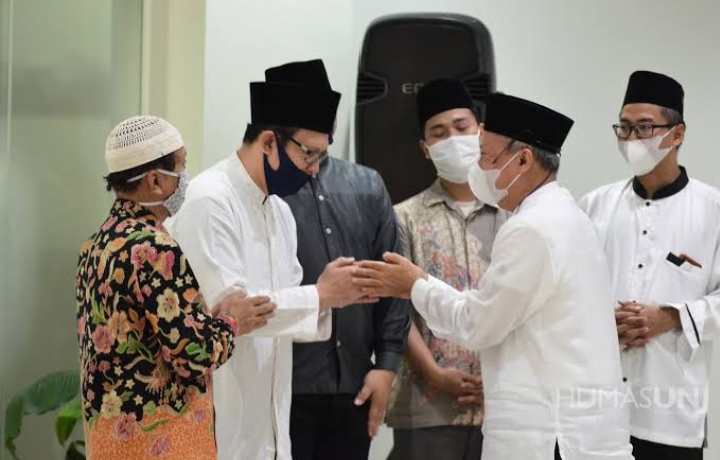


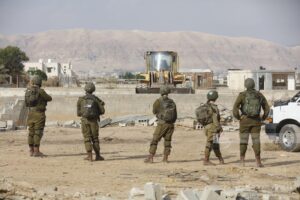

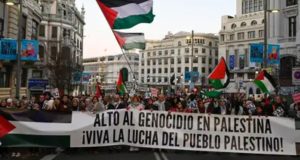


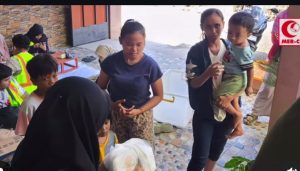
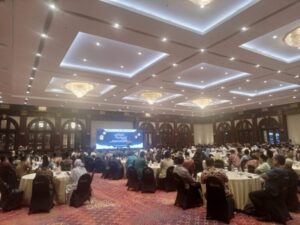
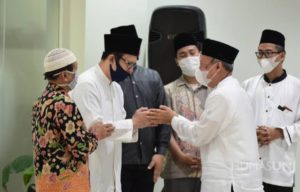
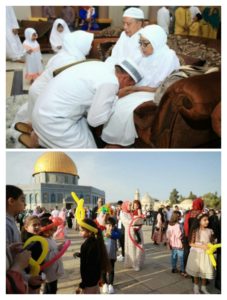
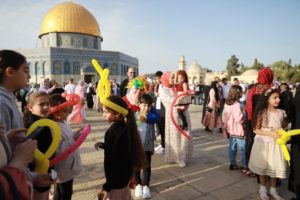

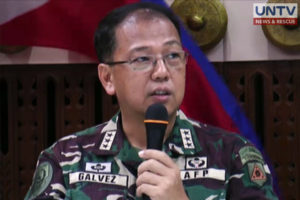













 Mina Indonesia
Mina Indonesia Mina Arabic
Mina Arabic